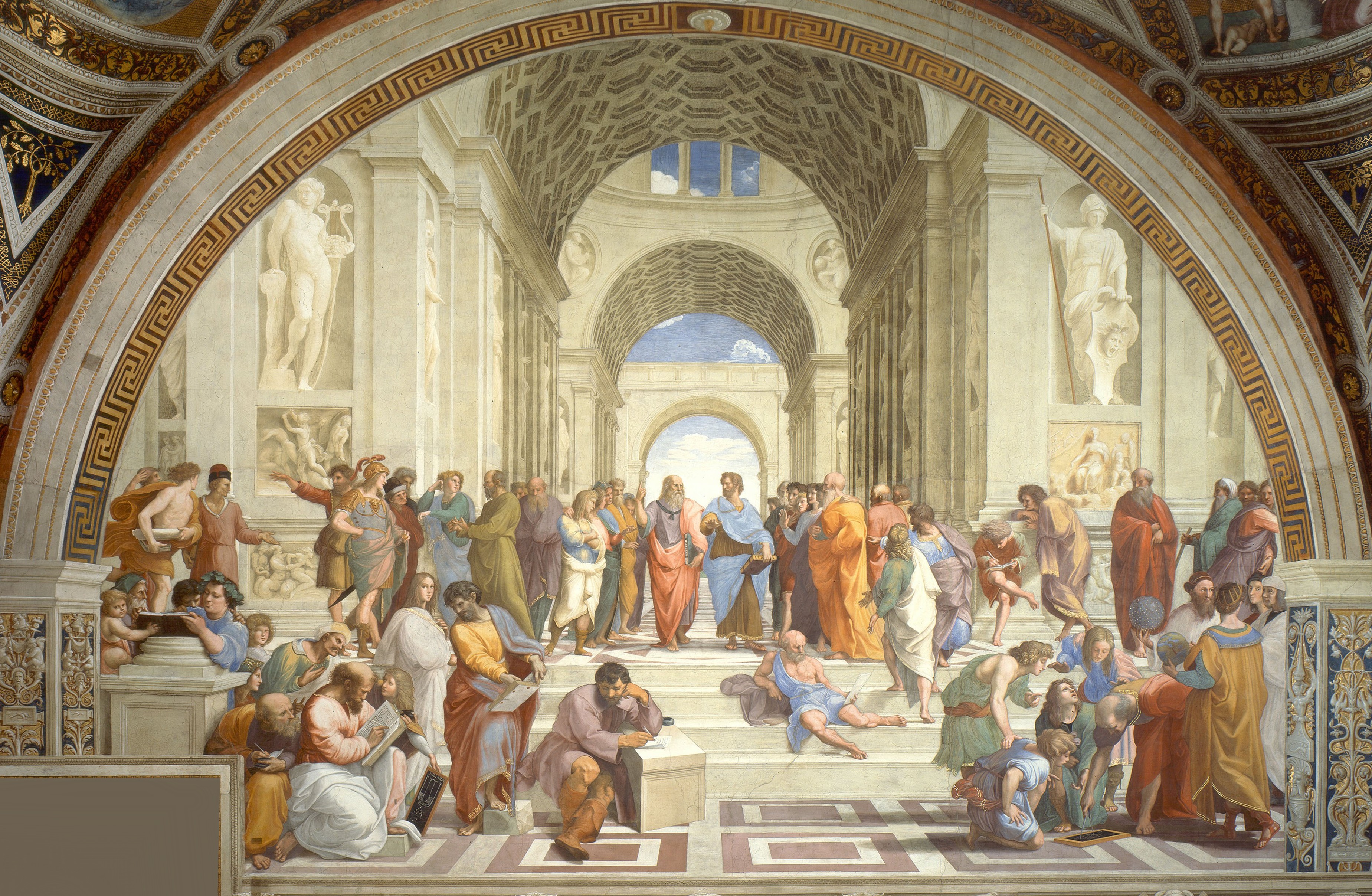
Why would a staff be so important as to be repeatedly associated with the word "imperishable," as well as referred to as "ancestral," and "golden"? Why would it be included in the text, there during speeches and corrections, being wielded by men of power? It's history is even included within the text: having been made by Hephaestus, Zeus's blacksmith, it was passed down in an often patriarchal descent from Zeus to Hermes to Pelops to Atreus to Thyestes to, finally, Agamemnon.
A student from last year mentions the "social power" the staff often indicates, and how Odysseus even went to receive the staff from Agamemnon before going to persuade the soldiers to refrain from departing and, instead, stay and fight. It was used to deliver a beating to Thersites, who had tried to break the social hierarchy by publicly speaking against Agamemnon. The staff itself is an act of persuasion, simply by its representation of power, whether in wisdom or in strength. It was actually used throughout ancient Greek culture and texts to convey such meaning, being a symbol in aid to speeches or presentation. Though we are the secondary audience in the Iliad, the first being those who physically saw the staff and the power behind it, we, too, can identify such rhetorical usage in the writings of ancient Greeks by examining the text with a critical mind.

